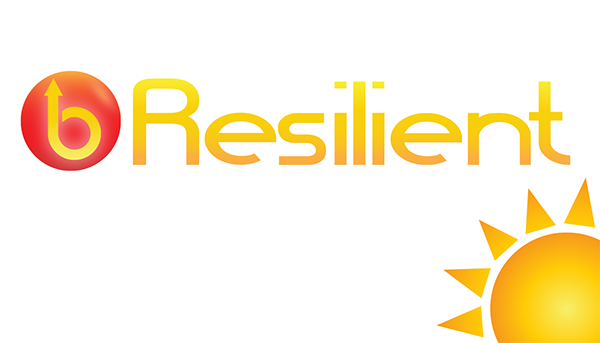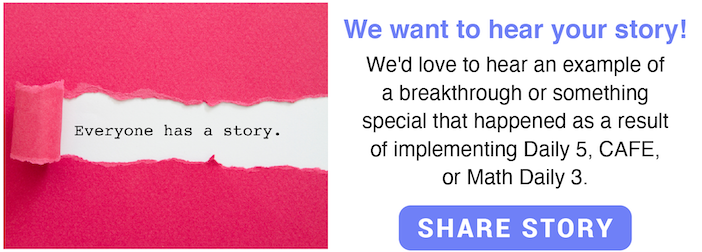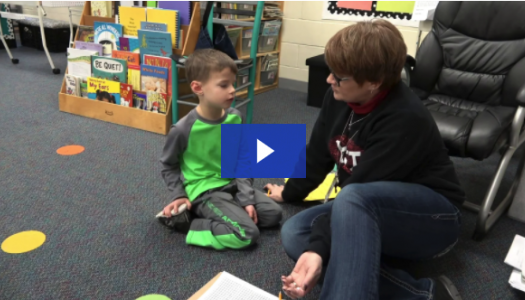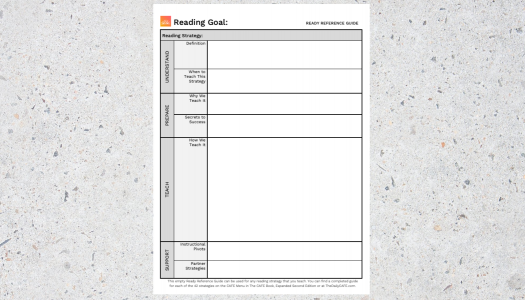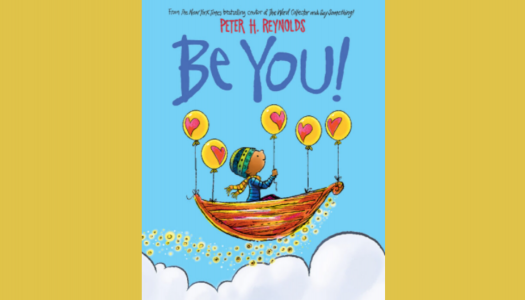
Jen McDonough
I ask this question of myself and the teachers I work with all the time: Are you willing to make mistakes in front of the kids? Not only that, but if you do make a mistake, do you immediately make excuses and try to get out of it, or do you let it guide a conversation about how mistakes put you on a pathway for growth?
We educators feel like we need to be perfect all the time. We have students depending on us and administrators watching us, and now many of us have parents literally watching us on Zoom as though they’re viewing a TV documentary. It is a lot of pressure. I know the reality is that we need to have it together. Classrooms need to be organized, lesson plans need to be thought through, classroom management needs to be in place—all of the things that build confidence in our abilities. One thing we do need to be careful about, though, is the message we send to students when everything is too perfect, all of the time. That is not reality.
When we model a writing lesson and have practiced it so much beforehand that there is no struggle, we give students the impression that writing should be easy the first time. This is a false narrative that brings frustration. I encourage teachers to practice the writing being asked of their students, share the places that brought trouble, let them see you start, revise, get a little frustrated, and try again. Let them hear you say things like, “Why is coming up with an idea so hard for me?” or “What am I really trying to teach my reader?” or “Why can’t I ever remember how to spell the word separate correctly?” Let the kids see you stumble and then pick yourself up again.
When you are reading aloud to them, do you ever stumble on a word and then reread it for clarity? Do you ever go back and change the way you read something because at the end of the sentence you realize the character was actually “exclaiming” and not just “saying” something? Kids need to see that reading is a constant revision toward making meaning.
In math, do you take chances? Do you make mistakes during long division and then have to figure out how to backtrack to see where you made a mistake? Do you let kids raise their hands and point out mistakes along the way, or do you get embarrassed and try to deflect?
Let mistakes become a part of the culture of your classroom not just by the words you say but by example. Let them see the real-world possibilities of how mistakes help foster growth and new thinking. Don’t feel like you need to be perfect all the time, because what kids really need to be amazing students and people is actually less than perfect.
News From The Daily CAFE
Conferencing on Behavior
A Fillable Strategy Guide
Be You! by Peter Reynolds
